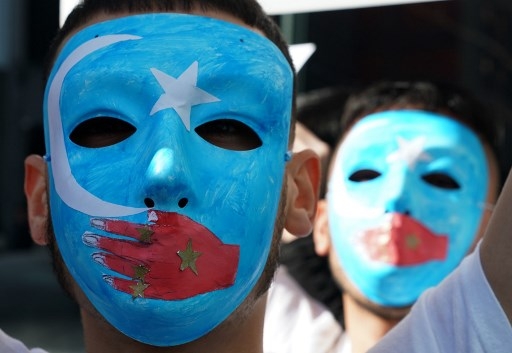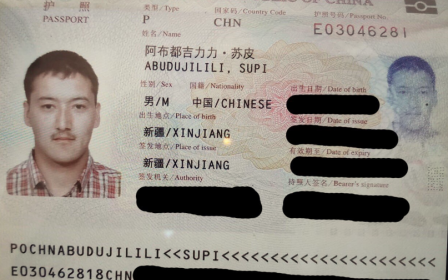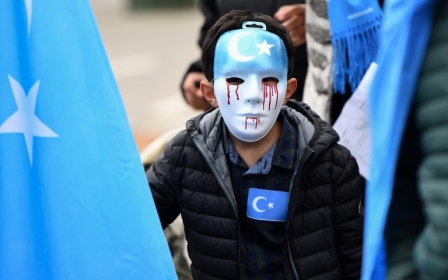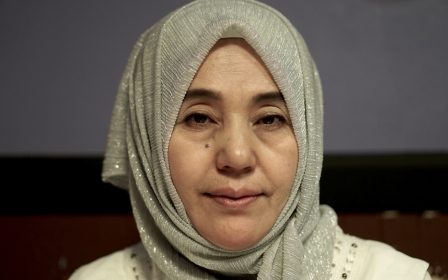Muslim-majority countries' silence over abuse of China's Uighurs sparks criticism

Activists and social media users have condemned Muslim-majority countries for not joining the United Nations’ call to end the mass detention and oppression of Uighur Muslims and other minorities in the Xinjiang region of China.
Twenty-two countries at the United Nations’ human rights body issued a joint statement this week urging China to end its violations of human rights against Muslims in Xinjiang.
The statement says the countries were “concerned about the credible reports of arbitrary detention in large-scale places of detention, as well as widespread surveillance and restrictions”.
“We call on China to uphold its national laws and international obligations and to respect human rights and fundamental freedoms, including freedom of religion or belief, in Xinjiang and across China.”
The statement was signed by 22 countries: Australia, Belgium, Canada, Denmark, Estonia, Finland, France, Germany, Iceland, Japan, Latvia, Lithuania, Luxembourg, Netherlands, New Zealand, Norway, Sweden, Switzerland, the United Kingdom, Austria, Ireland and Spain.
New MEE newsletter: Jerusalem Dispatch
Sign up to get the latest insights and analysis on Israel-Palestine, alongside Turkey Unpacked and other MEE newsletters
Online, social media users have highlighted the absence of Muslim-majority countries from the list of signatories.
Both Amnesty International and Human Rights Watch have highlighted the conditions of the Turkic minorities being held in arbitrary detention in China.
According to Human Rights Watch, there are around one million Muslims held in "re-education" camps, which China says are intended to eradicate terrorism and religious extremism.
There have been reports of deaths in the camps, as well as physical and psychological abuse, poor detention conditions and a lack of medical care.
Human Rights Watch has also stated that some of the repressive measures being carried out involve the government’s use of high-tech mass surveillance systems and the mass collection of biometric data to identify and track people in Xinjiang.
Earlier this month, Uighur activists criticised Turkish President Recep Tayyip Erdogan for failing to speak out about the detention of mainly the Muslim Turkic minority during his visit to Beijing.
Last year, Uighur Muslims living in the United States told Middle East Eye about their fears concerning family who were rounded up and placed into Chinese internment camps.
In Xinjiang, human rights groups have documented how Muslims have been routinely rounded up for showing overt signs of their Islamic faith, be it by praying, wearing Islamic clothing or insisting on halal food. They have also been subjected to physical violence, torture and have even been killed.
Middle East Eye delivers independent and unrivalled coverage and analysis of the Middle East, North Africa and beyond. To learn more about republishing this content and the associated fees, please fill out this form. More about MEE can be found here.




